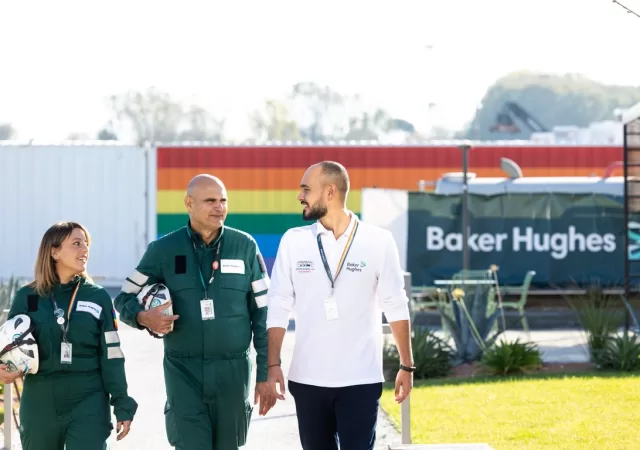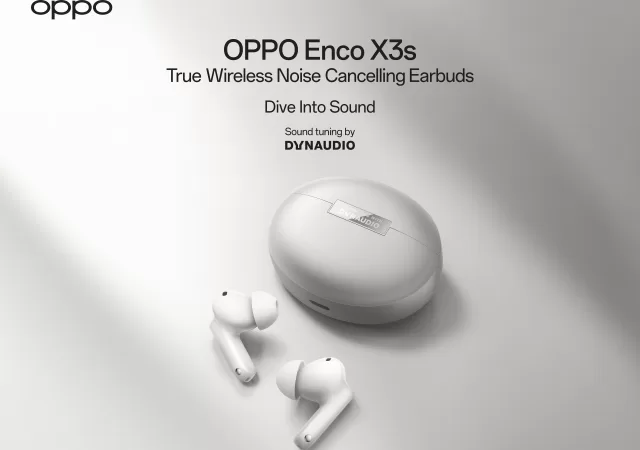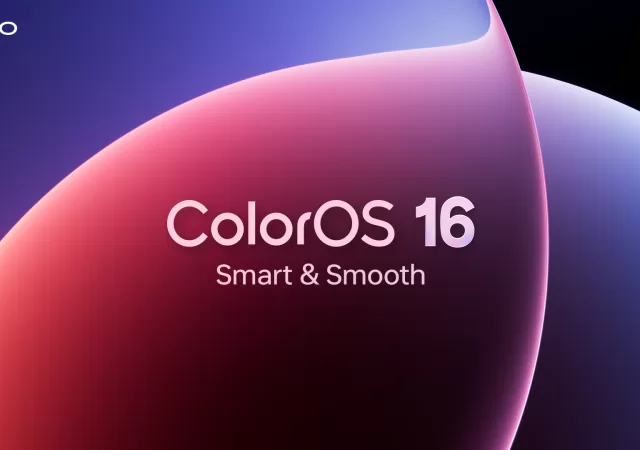The full-frame mirrorless camera platform is all the rage these days. Traditional DSLR manufacturers like Canon and Nikon has very recently put a lot of resources and effort in developing their own mirrorless platforms and designs. Of course, because they are so new in the game, options from them are still limited. This is true especially in terms of lenses that are available to their current lines of mirrorless cameras. You can get an adapter still.
Full-frame cameras are not cheap though. They are considered the widest accepted platforms in the professional photography world, that is why. Mirrorless cameras, because they are so new and advanced, are even more expensive today. That also makes a full-frame camera today even more expensive than before. Take the Canon EOS R5 for example. The new Sony α7SIII is a good example too, for exorbitantly priced cameras.
Speaking of Sony though, they have been the mirrorless kings for a long time now. With their brand-new Sony α7SIII especially, they have proven to the market that they really know what they are doing with mirrorless technology, photography, and videography. All that advancements mean one thing though, the new α7S is more expensive than before. What happens to the enthusiast market that wants an affordable mirrorless camera then? Second-hand cameras? Not according to Sony.

Welcome to the α7C full-frame mirrorless camera (ILCE-7C, Sony’s and the world’s smallest and lightest full frame camera platform. Yes, that is also one of the benefits of mirrorless cameras, you can pack one full-frame sensor in a traditional APS-C DSLR body, and it will still be lighter. With the α7C, Sony has taken it to a whole new level.
Uncompromisingly Light… and Small
This super light and super compact package is, according to Sony, quite uncompromised. It still packs a very effective 24.2-Megapixel full-frame Exmor R CMOS sensor with back-illumination (for better low-light) and Sony’s proven BIONZ X image processor. This combination can also be found in a not exactly outdated Sony α7III camera. The α7C is nearly 50g lighter than the bulky α7III though. The α7C is also about the same size and weight as the APS-C α6600 compact camera.

Of course, you still get the 5-axis in body stabilisation built into the tight body that is the α7C. Along with the stabilisation is also 4K recording capability that is so well known from all Sony’s current premium camera line-up. The sensor also has an ISO sensitivity of up to 204,800 (expanded, native ISO up to 51,200) for the best, in-class low-light performance. You even get Real-time Eye AutoFocus on the α7C, the same AutoFocus mechanism and algorithm you can find on the α7III, if you are wondering.
It does not even compromise on power delivery. The Sony α7C comes packing a battery the size of even a modern α7III. The NP-FZ100 battery offers up to 740 images, and industry-leading figure, as far as numbers are concerned. That also means that you can take it out for a whole day with one battery. Of course, USB Type-C charging will still be a thing with the Sony α7C.
Only Drawback… We Think
The only few things we might be concerned about with the new Sony α7C are, in effect, very minor things. We are curious how Sony would manage to cramp all their function buttons together and still allow users to manage all its functions.

With cramped layouts, we are also wondering if there are any ergonomic compromises that might come with it. The Viewfinder is now placed quite far to the other end of the camera, a la α6000 series Viewfinders. A vari-angle LCD is a huge welcome, but the cramped grip handle area at the back might create some issues for larger hands.
The last issue we might look out for is heat management. Sony’s mirrorless full-frame cameras in the past are known to overheat especially in 4K resolution video shoots. In a smaller body frame, heat dissipation and management could be an issue.
Full-Frame Body with Full-Frame Lenses – The New FE 28-60mm F4-5.6 (SEL2860)
Still, the platform is made for full-frame lenses too, so we should not complain as much. The launch of the new α7C also comes with a new lens of course. It is, according to Sony, the world’s smallest and lightest zoom lens made for a full-frame camera. It is Sony’s FE 28-60mm zoom lens with minimum F4-5.6 aperture. It weighs only 167g and is not that much larger than the camera itself.
Light and Small Camera and Lens Needs a Light and Small Flash – The New HVL-F28RM Compact Flash
This is not just a compact flash though. It is probably Sony’s most reliable and rugged field photography flash they have created. It is 12% smaller, and 7% lighter compared to its closest sibling, the HVL-F32M flash. Of course, it is a smaller flash, which also means that its output is a little less at GN28 (Guide Number 28).
It is more reliable and rugged thanks to some protection that is made to the most fragile and sensitive part of the whole construction. The hot shoe connection on the flash accessory is surrounded by metal frames to ensure that it can take on any weather or abuse to the flash and the camera. In that case, you can expect the flash to work better in harsher in environments.
Price and Availability
The Sony α7C will be available in Malaysia from November 2020 onward, two months away from today. The Sony FE 28-60mm F4-5.6 lens will be available early next year in January 2021. The HVL-F28RM lens will be available a month after the Sony α7C in December 2020. Prices are yet to be confirmed by Sony Malaysia and will be revealed by tonight (15/9/2020 @9.00 p.m.). The new mirrorless camera is, according to sources on the internet, is set to be Sony’s most affordable full-frame mirrorless camera though. For more information on the camera and the newly launched accessories, you can head over to Sony’s website.
*Update: The Sony α7C will be priced at MYR 8,399 (body only). The kit with an FE 28-60mm F4-5.6 lens will be available for MYR 9,899. Pre-order starts now to 15th October 2020. Pre-order will be entitled to a free 64GB Tough SD card and an NP-FZ100 battery pack. There are other lens bundles for the α7C such as the camera with the G 20mm F1.8 lens for MYR 12,288 and the camera body with n FE 35mm F1.8 lens for MYR 10,888. The FE 50mm F1.8 bundle is MYR 9,288.























